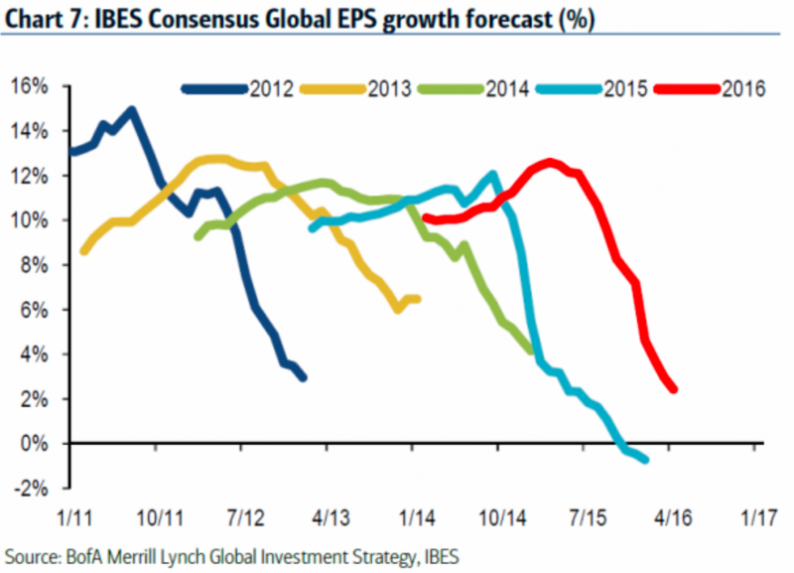An odd complacency dominates both the market’s analysts and behavior; as beside a couple optimists and a small handful of doomsayers; there seems to be a lackadaisical attitude returning to the fore. We think that’s an ominous sign.
While this can chug-along a bit more; we argue against being sedated while the efforts to shift or rotate interest between sectors flails and fails to restrain selling.

Today as I’m sure the media reported; the Austrian chancellor resigned; which is another manifestation of the political partisanship splits in Europe which do have a component strongly related to what many politicians call ‘reverse colonization’ of Europe; and today they point (perhaps unfairly) to London. In the case of the new Mayor of London, let’s see if he fights extremism as strongly as he pledged publicly today, which would quiet those who mention his more fundamentalist or extreme contacts (which he says he regretted and apologizes for). Many times it is said that Islam must take care of itself, and stop the radical cancer from within, so here is an opportunity to see (in one of the world’s great cities) if that occurs.
Personally I’m grateful to a reader near Munich, who has Austrian roots, for the time taken to refresh my slight recollection of why what’s going on is more than the refugee crisis. Some background from me and from our member (may not be entirely accurate; but roughly gives an idea; and also highlights differences still prevalent within the EU):
Austria became a federal republic in 1918. The two strongest parties were the SPÖ (mainly workers) and the ÖVP (mainly conservatives). Combined they had nearly 90% of the votes, so you can compare it a bit with the US system. But, in the late 1920s a civil war between the two escalated and ended in a dictatorship under ÖVP. In 1938 Hitler occupied Austria; thus a non-existent State until 1945.
After the War, they were governed by the Allied Forces with the Soviets milling around (some intrigue involved) until 1955 when they got their Staatsvertrag (= state treaty). Then they founded another republic, and it basically was almost like 1918 again; at the end of the Austrian Hungarian Empire, absent Hungary of course occupied by the Soviets. Other parties were founded too, but those two parties always made up a commanding 60% to 80% of the votes.












Leave A Comment